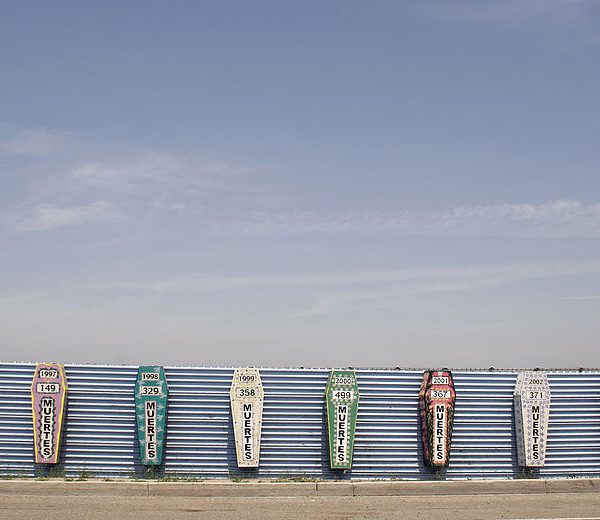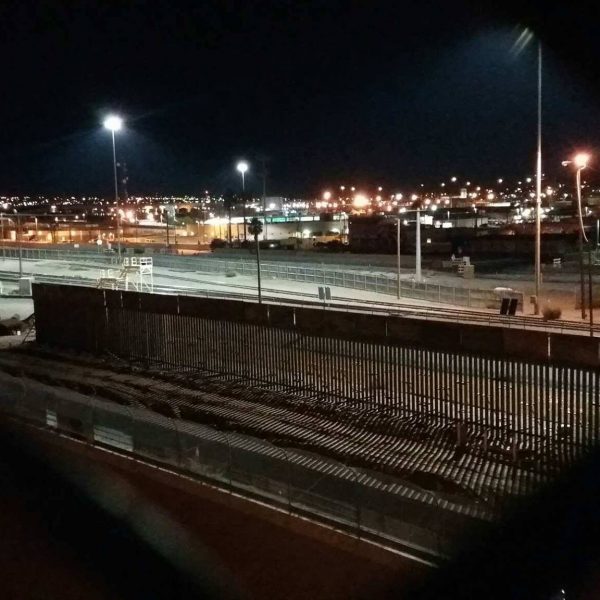
Mamdani’s latest book defends the promise of decolonization against the ongoing nationalist violence of modernity. Rafael Vizcaíno sits with the renowned Ugandan intellectual to discuss postcolonial and decolonial scholarship, the reform-revolution debate, anti-racism, and the example of South Africa.
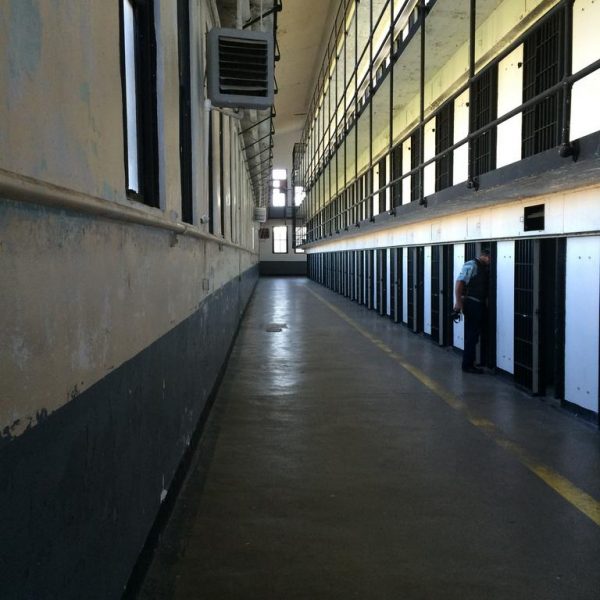
Life in God is defined by a joyous freedom of movement, a loving and adventurous invitation to the dance of the Spirit. The book of Acts is witness to those who accepted this invitation like Peter, moved to go to a Gentile centurion’s home, thus initiating a new ministry with global implications beyond his ken.
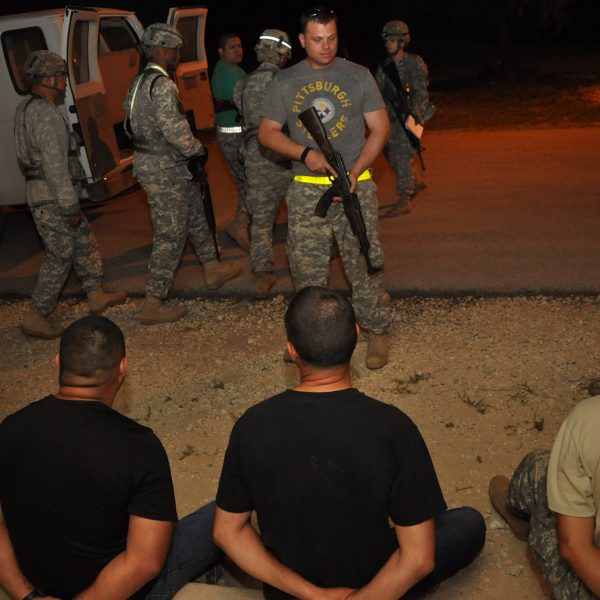
The social construction of the criminal other has long served as a justification for subjugation. Pope Francis has stated that the people of God can smell holiness, and perhaps there is also a greater need for the olfactory discernment of evil in our midst. Despite the risk of too literal an interpretation of this metaphor, deeper reflection is warranted of the ways in which evil must be resisted.
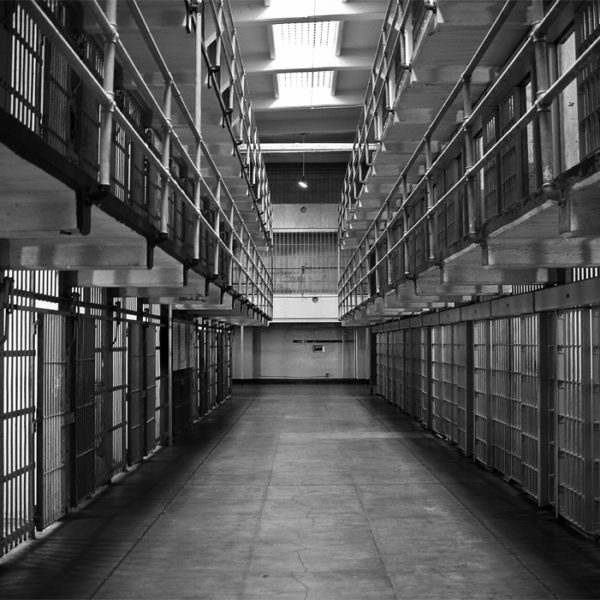
There is a good case to be made that the American criminal justice system is itself criminal. Up until around 1980, all statistics we have suggest that the incarceration rate varied at around 100 inmates per 100,000 people. After about 1977, and especially after about 1982, the rate began to rise; in 2008 it was over 700 prisoners per 100,000, and while it seems to have begun a modest decline in the past few years, it remains over 700. In this context, “American exceptionalism” is not an overstatement; the United States is effectively the largest incarcerator in the world; the only states near us are Cuba and North Korea.
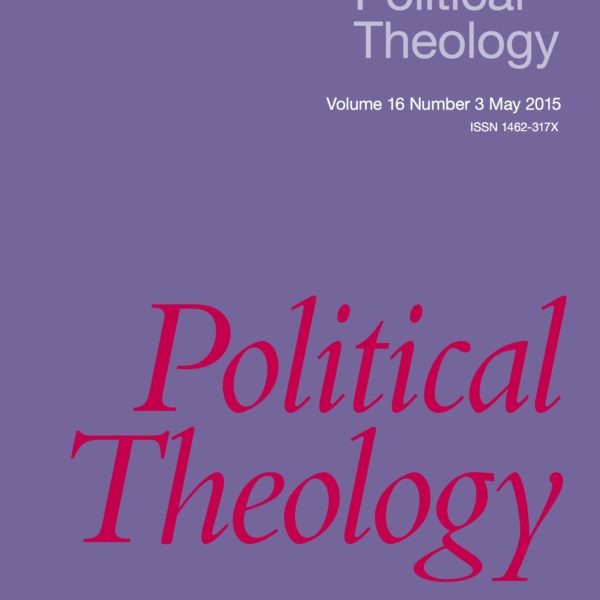
We are happy to announce the publication of Vol. 16, Issue 3 of our journal, Political Theology. Unlike several recent issues, this issue is not organized around a single theme, but brings together a range of high-quality contributions on diverse topics in contemporary political theology.
